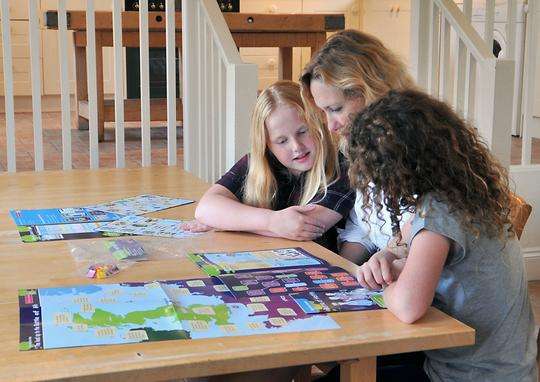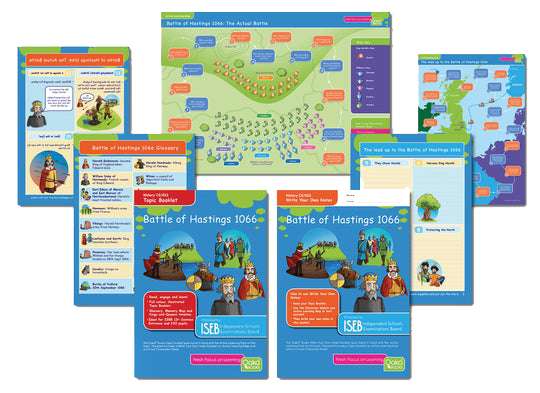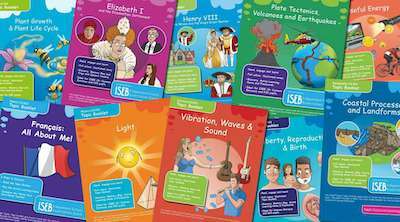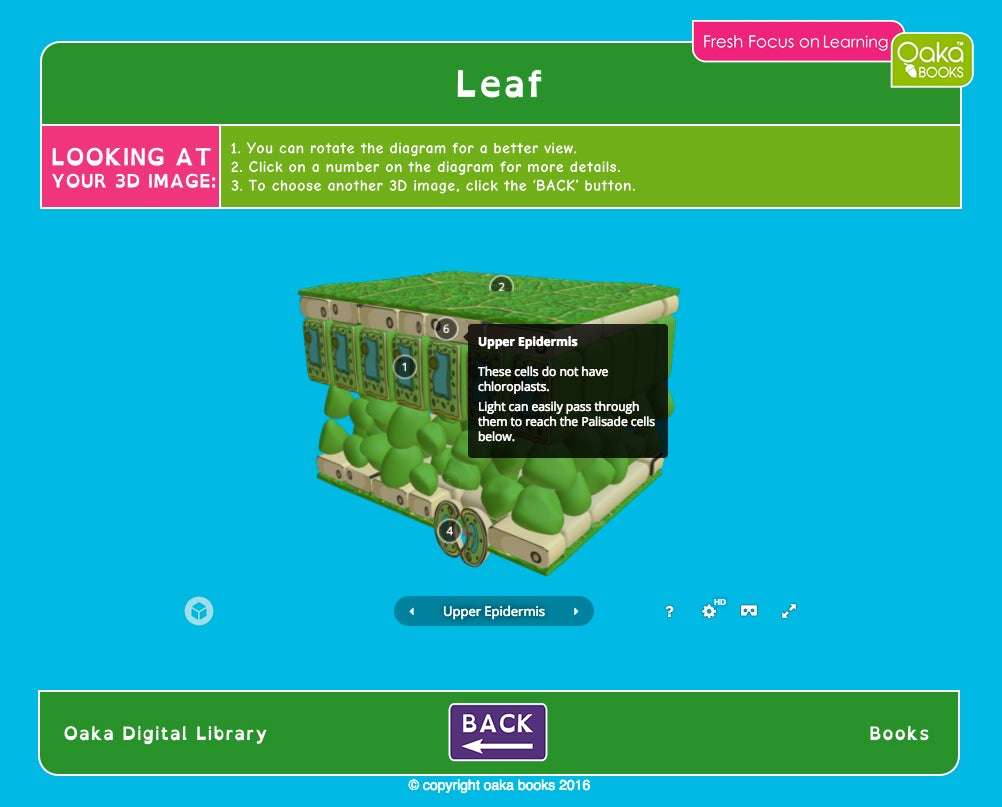There has always been the myth that people with dyslexia are stupid or not intelligent. However, this is far from the case. Many people with dyslexia are bright, creative and as adults, have accomplished great things throughout their lives. In fact, many dyslexics grace the lists of highly successful businessmen, artists and actors. Dyslexics are typically known for thinking outside of the box; having a ‘big picture’ perspective to enable them to see things others miss. The condition has never been related to ‘low intelligence’. There are many people who with the learning disability who are extremely intelligent but just struggle when learning in ways that aren’t suited for them. Many dyslexics thrive once they have left the constraints of the education system for this very reason.
Professor Julie Logan found a link between entrepreneurship and dyslexia, with results showing that entrepreneurs in the UK are twice as likely to be dyslexic. As shown with extremely successful businessmen Richard Branson and Bill Gates, both of whom are dyslexic but have gone on to be hugely successful. However, Branson left school at the age of 16, his dyslexia playing a big part in his decision, as Richard said his teachers thought he was lazy. His life experience and achievements prove that he is far from lazy, he just never got the chance until after school to show his capabilities and how successful he could be. He believed that his different way of thinking helped him to build his brand. Along with many others they learnt to embrace their dyslexia and ways that can help them learn to create their success in their future.
Times have definitely changed since Richard Branson was 16, with more people accepting dyslexia and ignoring the myths of it just being children who are too lazy to learn, or just need to practice their spelling. Many children now have the chance for extra help, exciting new learning resources and much more. Hopefully, this will create many more success stories like Richard Branson; enabling people to become the best they can be and use their ‘big picture’ perspective so they can achieve anything they want without dyslexia holding them back.





